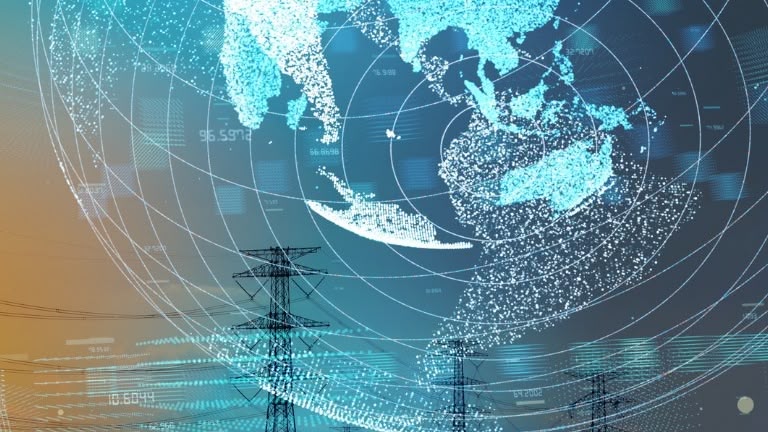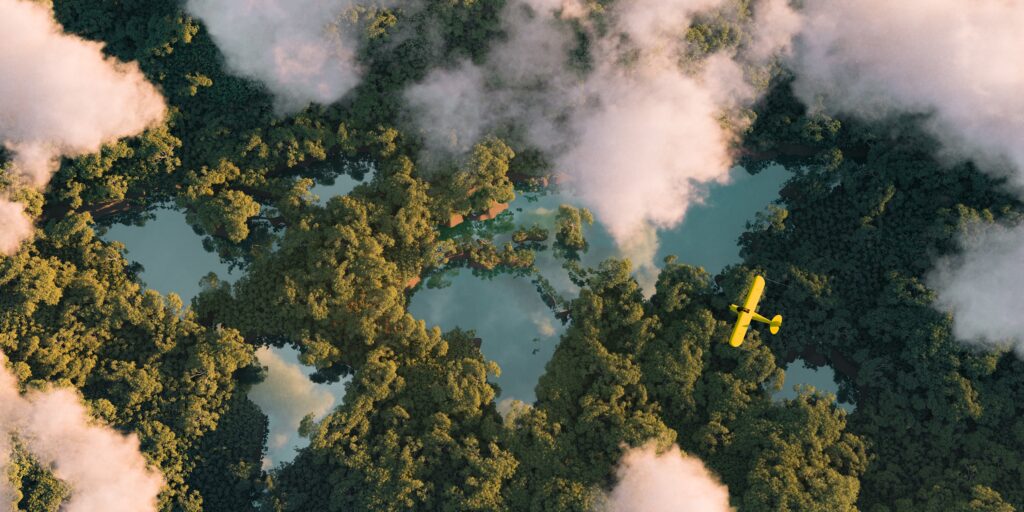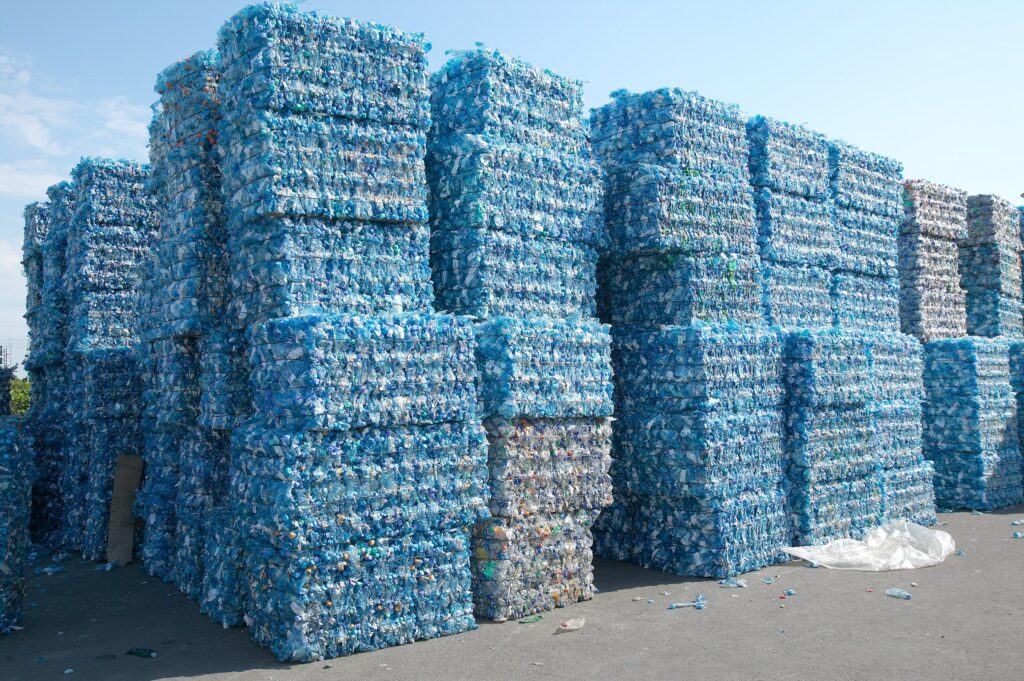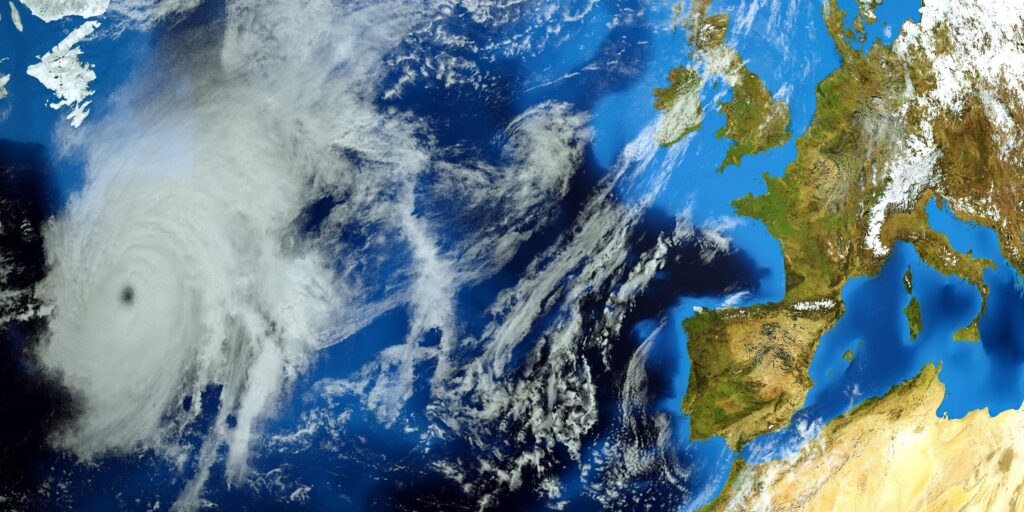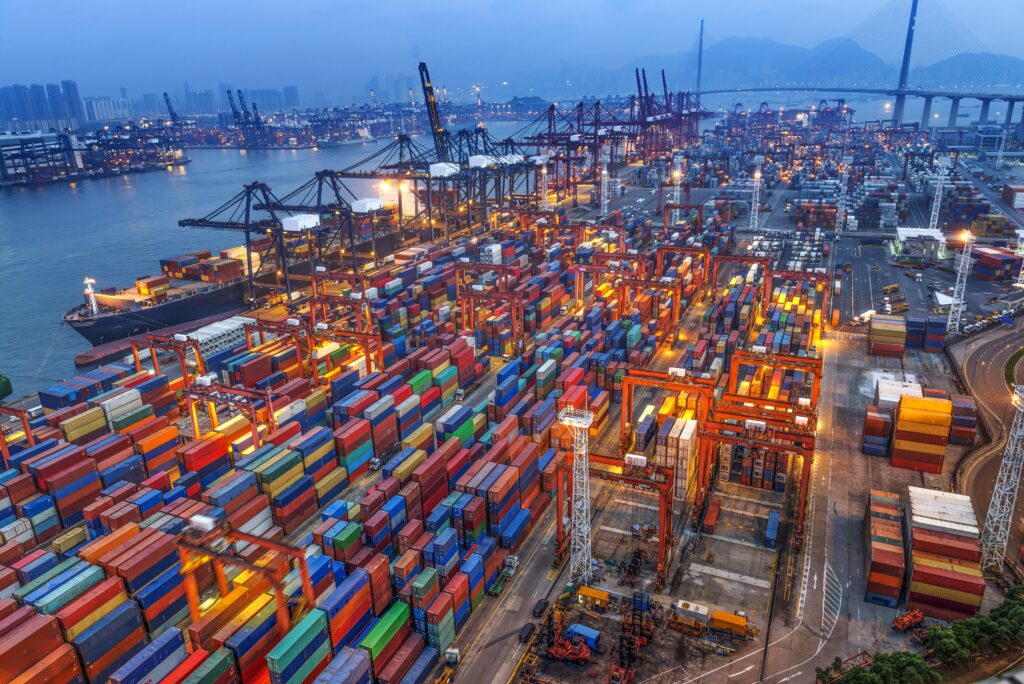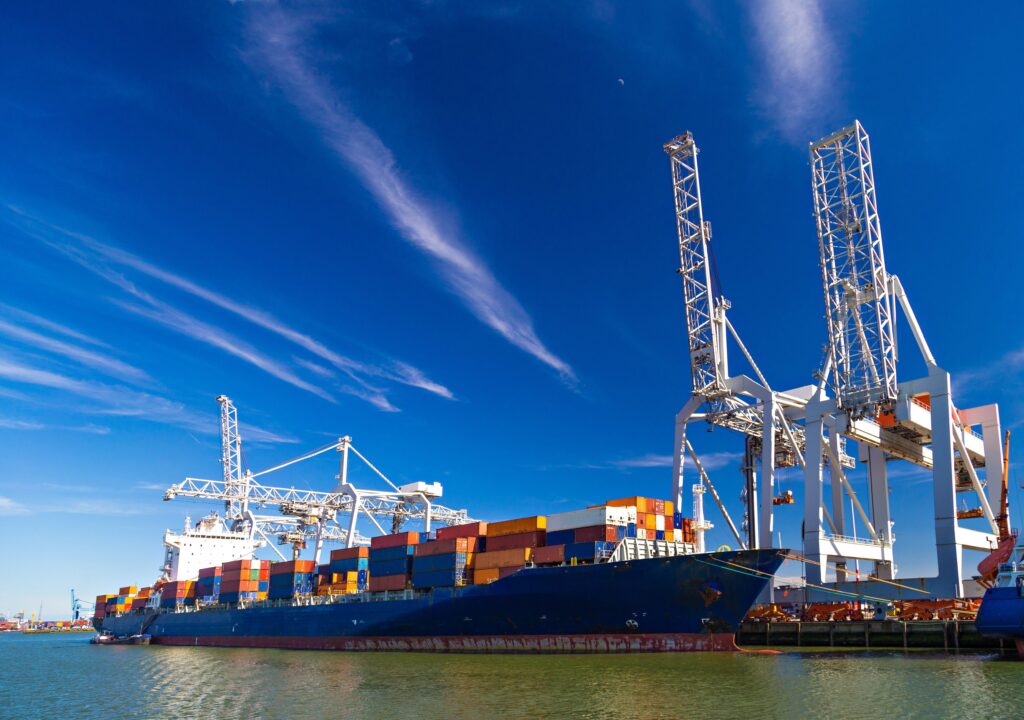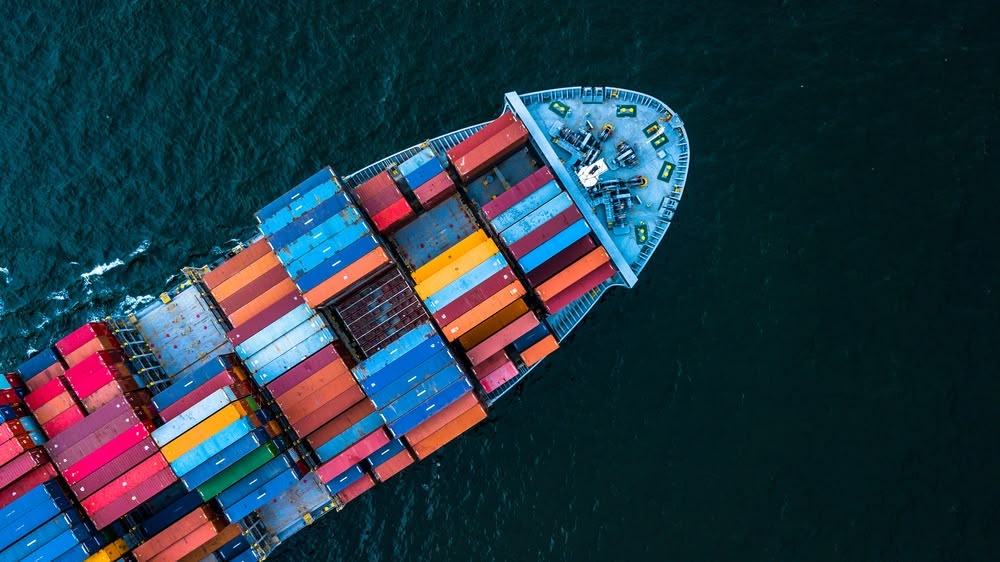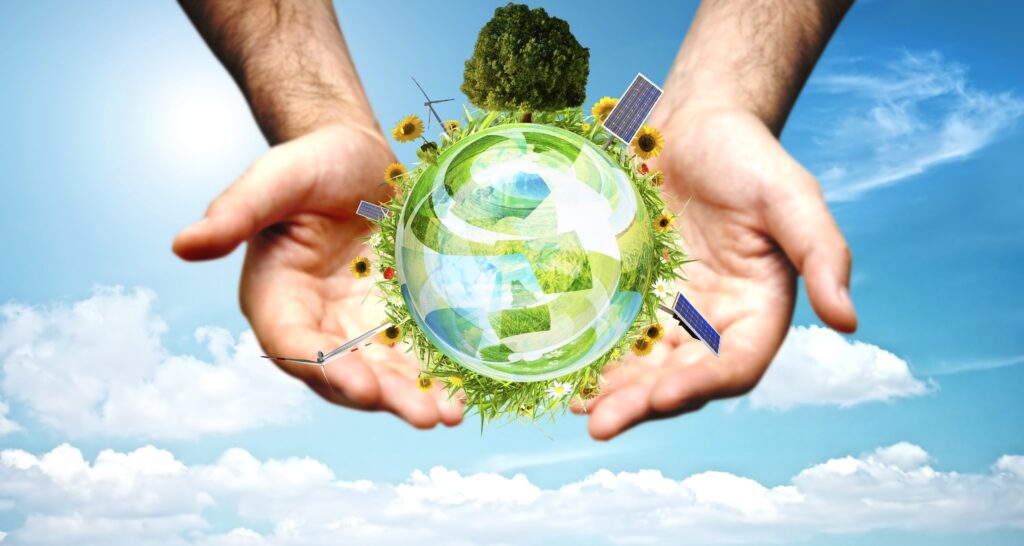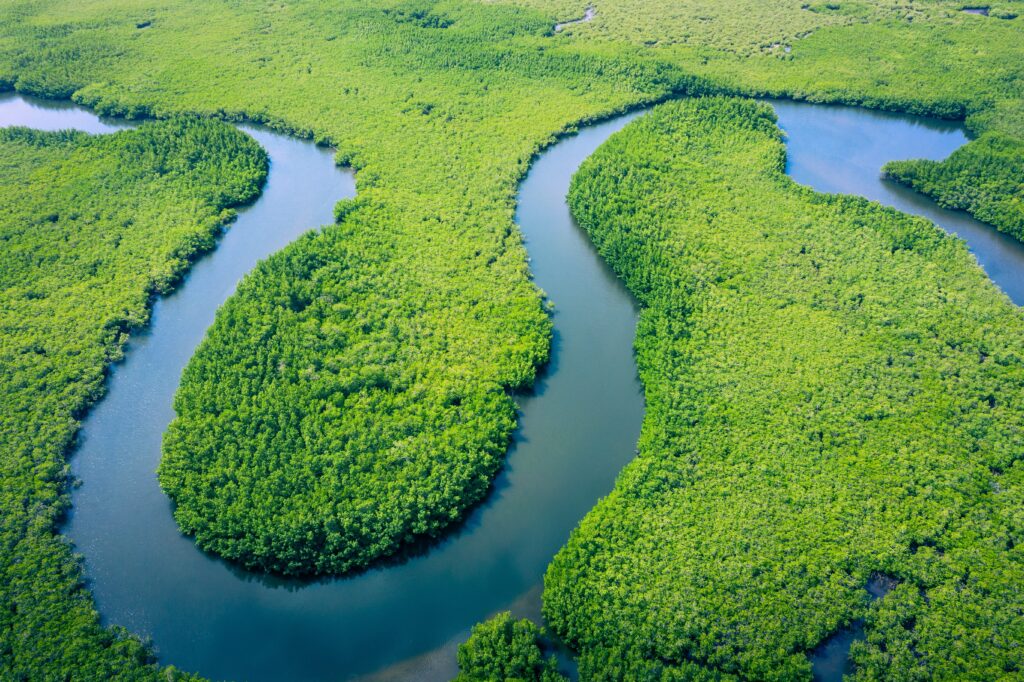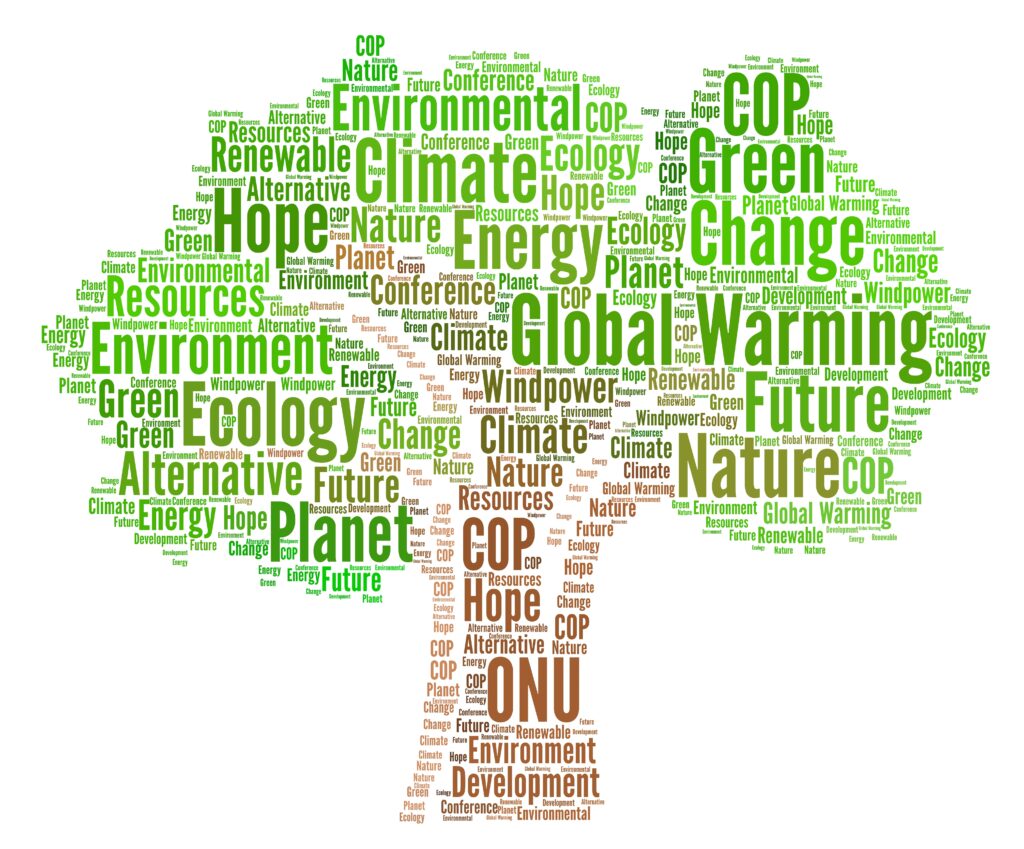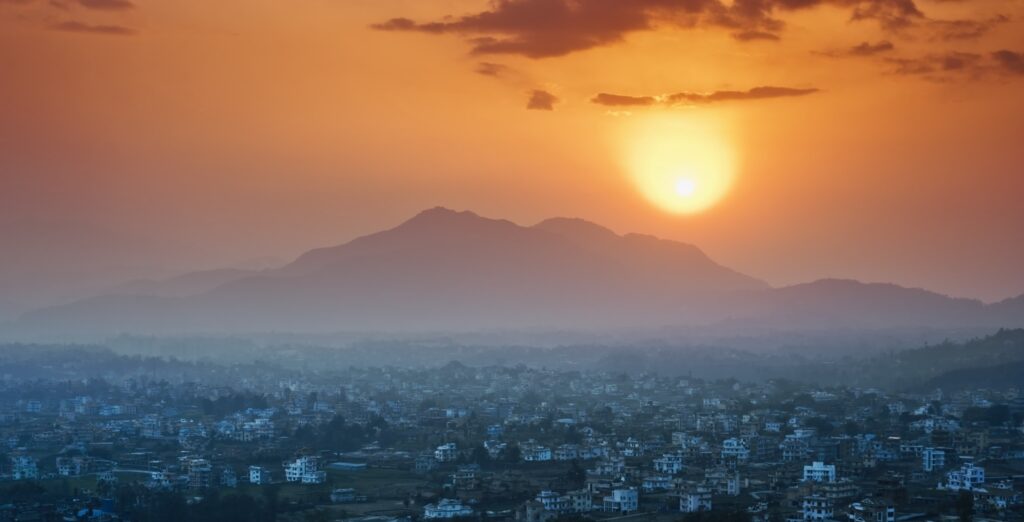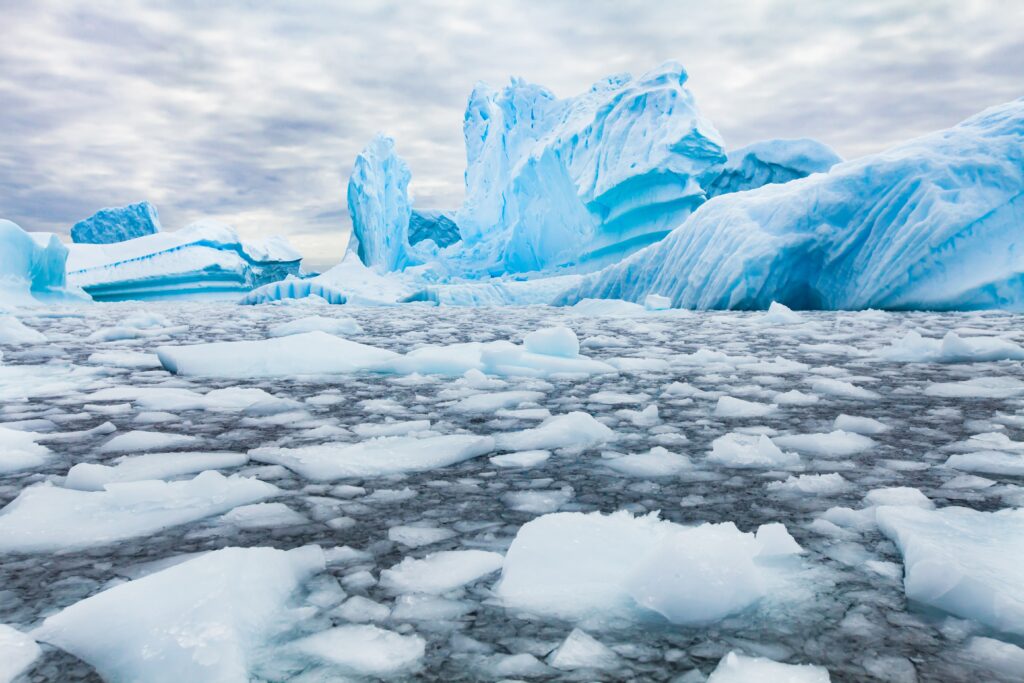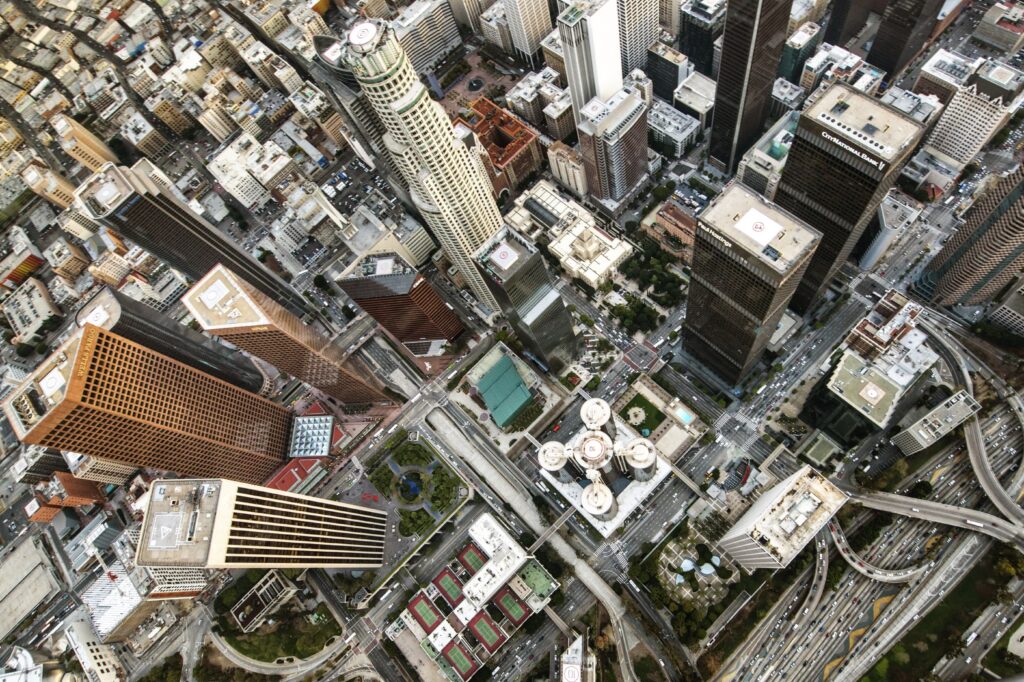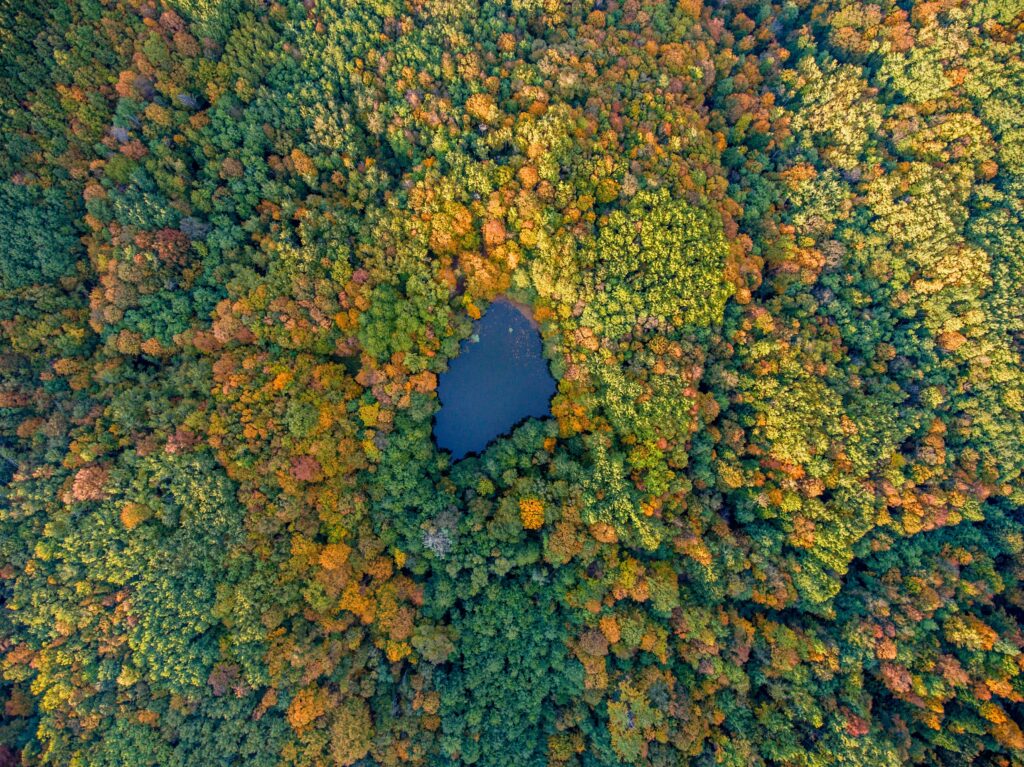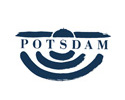Home
The Potsdam Summer School 2026 is calling for Applications!
The signing of the UN 2030 Agenda for Sustainable Development and the Paris Agreement on Climate Change in 2015 are major milestones in global efforts to tackle a mounting set of sustainability challenges. However, these landmark agreements did not usher in the era of international cooperation that many had hoped for. Instead, the decade that followed has been characterized by increasing geopolitical tensions and a reshaping of multilateralism.
Escalating great power rivalry has driven a resurgence of techno-nationalism and strained international trading systems, while armed conflict in Europe has destabilized the post–Cold War security order. It has also laid bare a mounting divide between the West and countries from the Global South, as many actors have chosen pragmatic approaches of strategic balancing rather than heading European calls to isolate Russia from the international system.
This changing geopolitical landscape also has profound implications for efforts to address global environmental challenges and support the needed transformations for more sustainable systems of production and consumption. Geopolitical changes increasingly reframe sustainability as a strategic domain. Leadership in new climate-friendly technologies and access to technology, finance, and critical minerals are contested. Global Commons Governance – around the High Seas, the Arctic or the Atmosphere, to name a few – face new fault lines that complicate joint efforts to manage them sustainably.
Against this background, the Potsdam Summer School will engage participants in a conversation on how the geopolitical landscape is reshaping efforts to confront critical sustainability challenges.
With its overarching theme – SUSTAINABILITY MEETS GEOPOLITICS – the 12th Potsdam Summer School will continue the transdisciplinary and interactive series of events that has been held annually in Potsdam, Germany since 2014.
Key Questions that will be considered:
- How are geopolitical interests and strategies reshaping global institutions and processes aimed at better managing the global commons?
- How is geopolitics and rising techno-nationalism shaping the transformation of energy and industrial systems?
- How is rising protectionism and the “reshoring” of supply chains affecting sustainability efforts in sectors like agriculture or basic materials, like steel and chemicals?
- Are geopolitical interests reinforcing an emerging backlash against sustainability efforts?
- How can strategies be devised for promoting sustainability and for accelerating sustainability transformations in this new geopolitical environment?
The aim of the Potsdam Summer School is to bring together talented early-career scientists and young professionals operating in the private sector, governmental agencies, and non-governmental organisations from many different parts of the world to discuss frontier (research) questions on future sustainable development.
All participants of the Potsdam Summer School will be engaged in discussions and will be provided with tools to develop effective strategies to solve the challenges they face in their daily work.
Effective communication of scientific findings and results is an integral part of all research. Working groups will be formed across the topics of the summer school to deal with formats of science communication. The working groups will provide participants with the opportunity to improve their skills in science communication.
We also intend to enable participants to engage with various sectors of the public in their home countries. Our goal is to improve science awareness and help to develop informed opinions and enhance the transferable skills of researchers and practitioners. Experts and guest lecturers from high level national and international institutes and organisations will contribute knowledge and insights to the Summer School programme which will comprise lectures, various discussion formats, and interactive group work activities.
Thus, the Potsdam Summer School provides a unique opportunity for all participants to foster international cooperation and an interdisciplinary exchange of ideas.
In partnership with the City of Potsdam, the 2026 Potsdam Summer School will be jointly organised by the Leibniz Institute for Agricultural Engineering and Bioeconomy (ATB) ; the Alfred Wegener Institute, Helmholtz Centre for Polar and Marine Research (AWI), the Research Institute for Sustainability at GFZ (RIFS), and the University of Potsdam.
The call for applications will be open from January 15, 2026. The deadline for submitting applications will be on March 31, 2026, at 23:59 UTC.
The organisers intend to conduct the one-week programme in a format whereby all participants and speakers will be present in Potsdam. The entire programme will be conducted in English.
For further information contact angela.borowski(at)rifs-potsdam.de
We are looking forward to receiving applications from early-career professionals from various backgrounds.
WELCOME TO POTSDAM!

